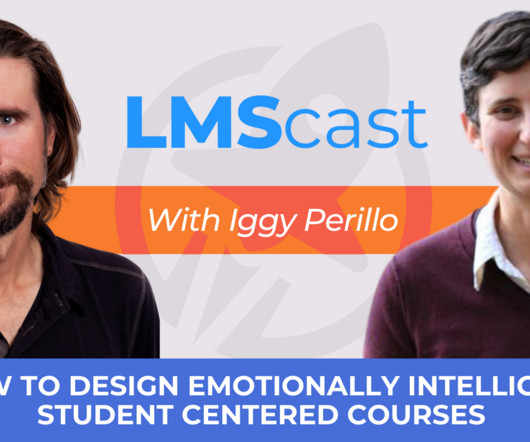5 Milestones in the History of Neuroscience
KnowledgeOne
MARCH 3, 2022
First coined in the 1960s, the term “neuroscience” refers to the scientific study of the nervous system, including our fascinating brain, from its most fundamental aspects, such as molecules and cells, to the integrative dimensions that underlie our cognitive and behavioural functions. Cajal’s colossal contribution.
























Let's personalize your content